In April 2015, the month in which world marked the 100 years since the Armenian genocide, the Guardian asked readers in the country, and those in Diaspora, to share their stories of how the violence had affected their family history.
The project, led by the New East network, had a an overwhelming response with over 500 people sending letters, photos and testimony, some of which were used in the coverage of the centennial.
A year on and Mediamax have worked with the Guardian to revisit some of the stories, published here as we approach the 101st anniversary.
![]()
Vahe Gkoumousian, Komotini,Greece
My paternal grandfather was born in Izmir (modern Turkey) to a wealthy family of jewelers. His parents (Nshan and Dikranouhi Gümüšyan) were arrested in 1915 and executed shortly afterwards thus leaving 3 orphans of 2, 5 and 8 years of age.
The eldest was adopted by their mother's brother and managed to escape to the South of France.
The other two were thankfully put in a French ship that was carrying Armenian orphans to the Greek island of Corfu. After years of orphanage life the older of the two settled in Central Greece where he found work. The youngest Gümüšyan (my grandfather) found his way to Greece's second city , Thessaloniki, where he struggled to survive (whilst having found his long lost grandmother in the refugee slums of the port area in a bad state of health) by doing all kinds of menial jobs from the age of 12.
After the death of his grandmother he decided to join his middle brother in central Greece where he was trained as a dental technician. He eventually managed to find work in Northeastern Greece in the town of Komotini which had a flourishing Armenian community.
He got married to his wife who was also born in Eastern Thrace (Northwestern modern Turkey) and had also lost her father in the aftermath of the genocide after long marches to the Syrian desert. Both of my paternal grandparents' families left behind swathes of real estate (karataš Izmir and Malkara), merchandise, items of great emotional and monetary value, businesses and had to survive under extreme poverty and all sorts of adverse conditions before they could get back on their feet with hard work.
Whatever happened in and around 1915 robbed 3 generations of people of everything and haunts us, their offspring to this day. One thing is for sure. My ancestors were not enemies of the Ottoman Empire. They were law abiding citizens who simply honored their ethnic background. That is not reason enough to endure torture and execution in anyone's book.
















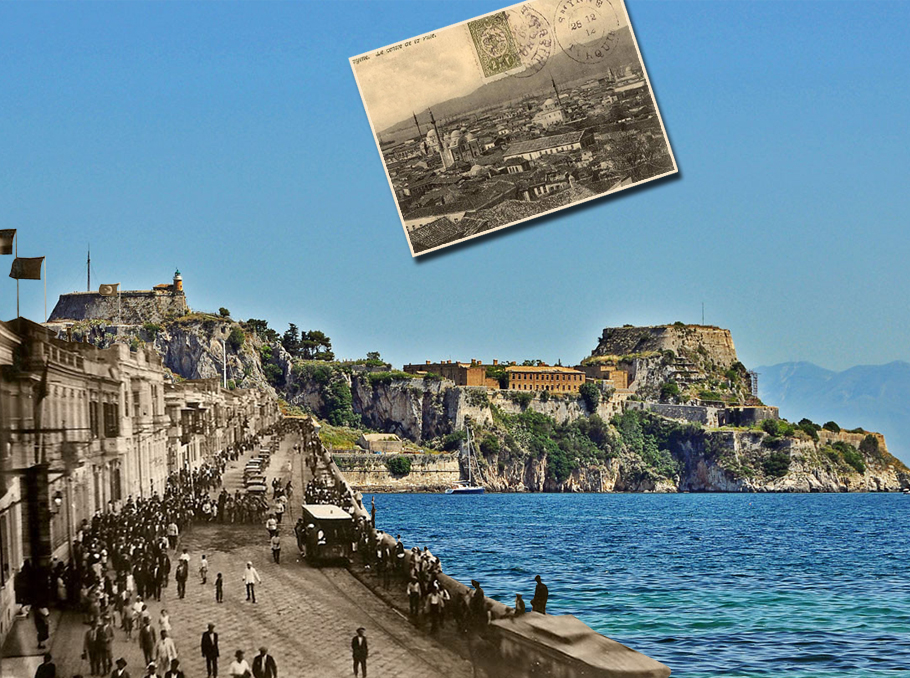

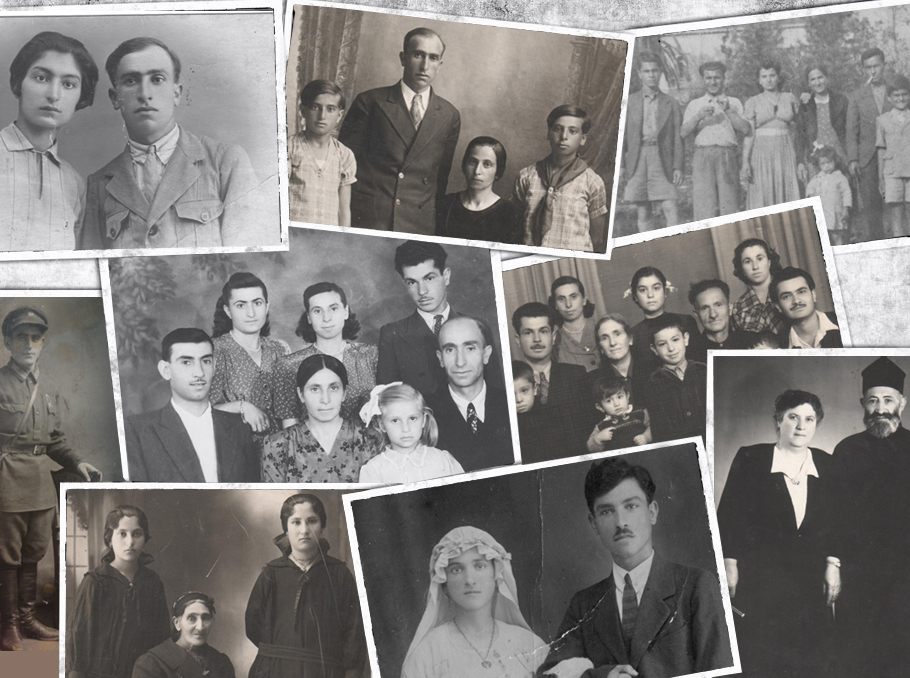
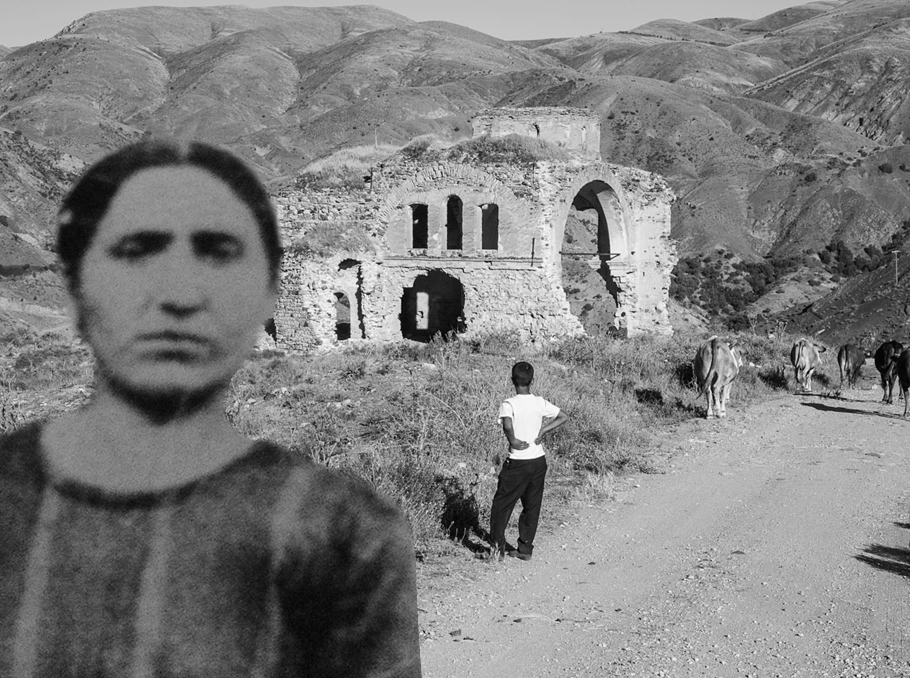
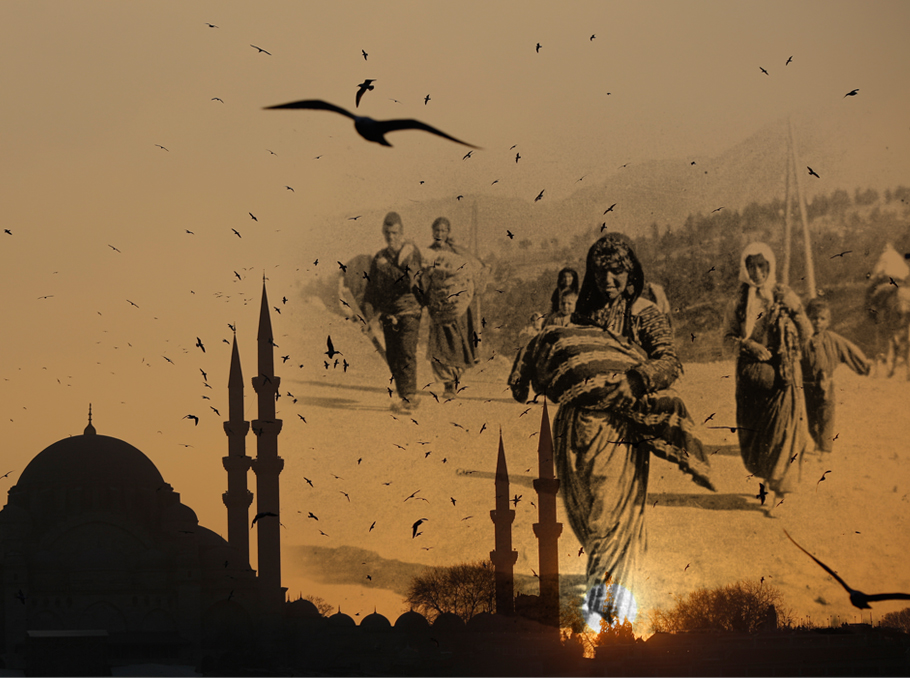
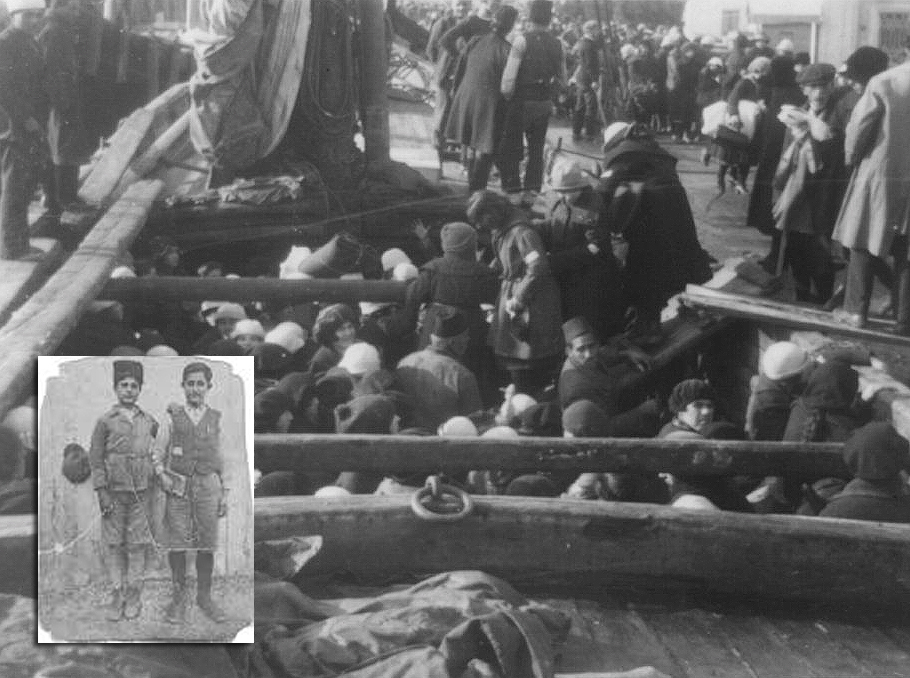





Comments
Dear visitors, You can place your opinion on the material using your Facebook account. Please, be polite and follow our simple rules: you are not allowed to make off - topic comments, place advertisements, use abusive and filthy language. The editorial staff reserves the right to moderate and delete comments in case of breach of the rules.